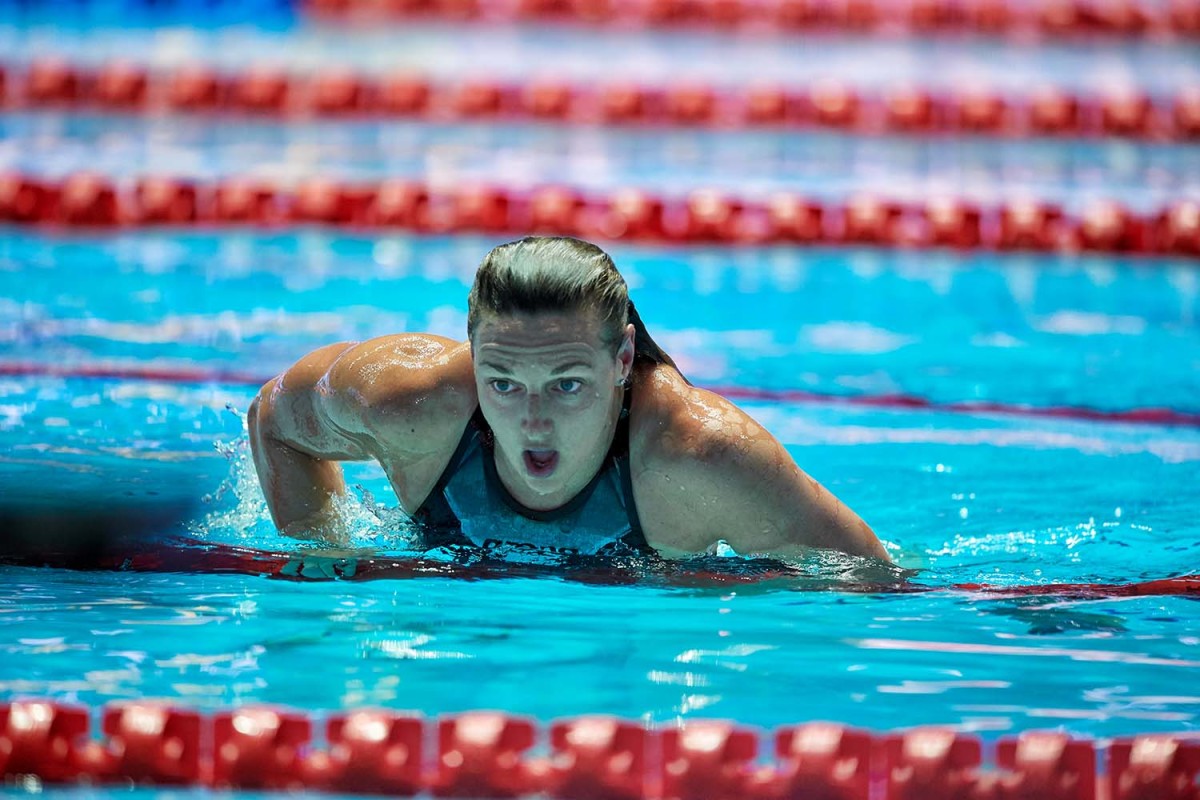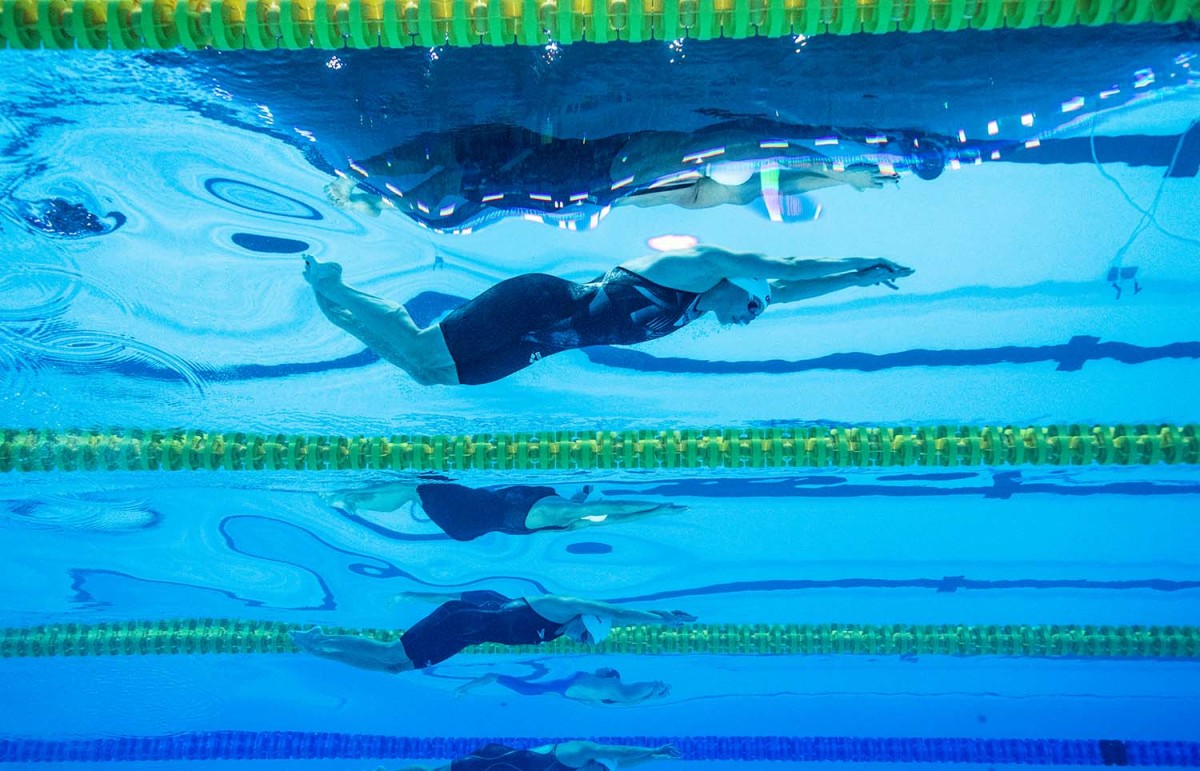Hungary's Katinka Hosszu Roared Back in 2019—And She's Not Done Yet


There was a time, after the divorce, when Katinka Hosszu had heard enough. She'd heard all the variations of the same question, the same doubt: Could the famed Iron Lady of swimming still be a dominant force without her volatile, hard-driving husband and coach, Shane Tusup?
"I wanted to scream, 'I know what I'm doing!'" she says. "I wasn't scared at all. I was confident. As a woman, it is sometimes a bit different than [it is] for male athletes. Sometimes the coaches get more credit than the athletes."
Tusup had certainly put himself out there as the driving force behind Hosszu, the world-record holder in both the 200- and 400-meter individual medleys and a three-time Olympic gold medalist representing Hungary. He was a stage husband-coach, flooding social media with his wife's exploits while also creating sideshows with eruptions on pool decks around the world.
The two had met in 2008 while students at USC and started dating. After Hosszu failed to medal at the '12 Olympics, Tusup took over coaching her, and they were married in '13. Tusup, who had no previous experience as a coach, looked more like a cross between a bodybuilder and an overzealous fan who somehow got a deck pass.
But the results came. His wife broke the world record in the 200 IM at worlds in 2015. Then there was a three-gold-medal performance at the Olympics in Rio de Janeiro, including smashing the world record in the 400 IM. Tusup was named female swimming's coach of the year by FINA that season, and NBC's Dan Hicks even called him "the man responsible" for Hosszu's success during a broadcast.
It was a productive, if seemingly uneasy, partnership that grew more and more strained as it invited scrutiny. By the end of 2017, Hosszu was training in Miami while Tusup was in Hungary. In February '18 she filed for divorce, and three months later she publicly acknowledged the split both personally and professionally.

At the advanced swimming age of 29, after years of exhausting training and competing that had earned her the Iron Lady moniker, she says a couple of sponsors dropped her. Competitors, accustomed to flailing in her wake, had renewed hope. But not for long.
"I don't need someone telling me what to do at this point," she says. "I know my body, and I know how to prepare."
Hosszu roared back to prominence in 2019, dominating both the 200 and 400 IMs at the world championships in South Korea in August, her eighth and ninth gold medals at either worlds or the Olympics. And she will coach herself on the road to Tokyo in 2020.
Meanwhile, she has taken over control of her burgeoning personal brand in Hungary, where she is a bona fide celebrity. She is a team owner in the fledgling International Swim League, and heads Iron Swim in Budapest, a swim school and competitive program. While still training, Hosszu is now throwing herself into those projects.
"Sometimes I am like a zombie," she says with a laugh. "But at this point in my career, it is a huge opportunity. It gives me a challenge and a lot of motivation. I am finally able to show who I am."
